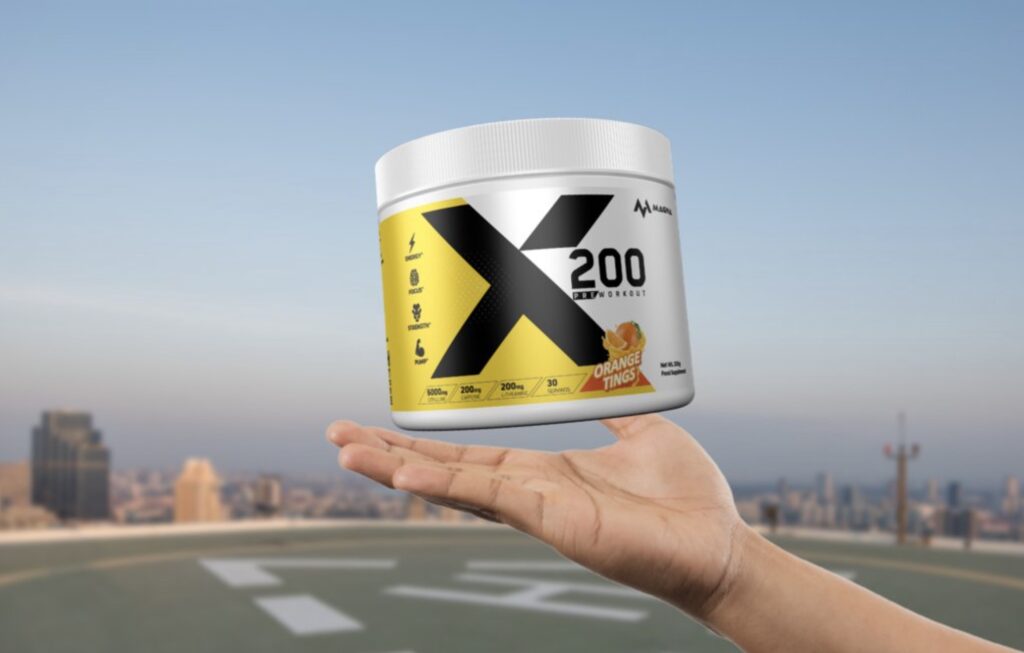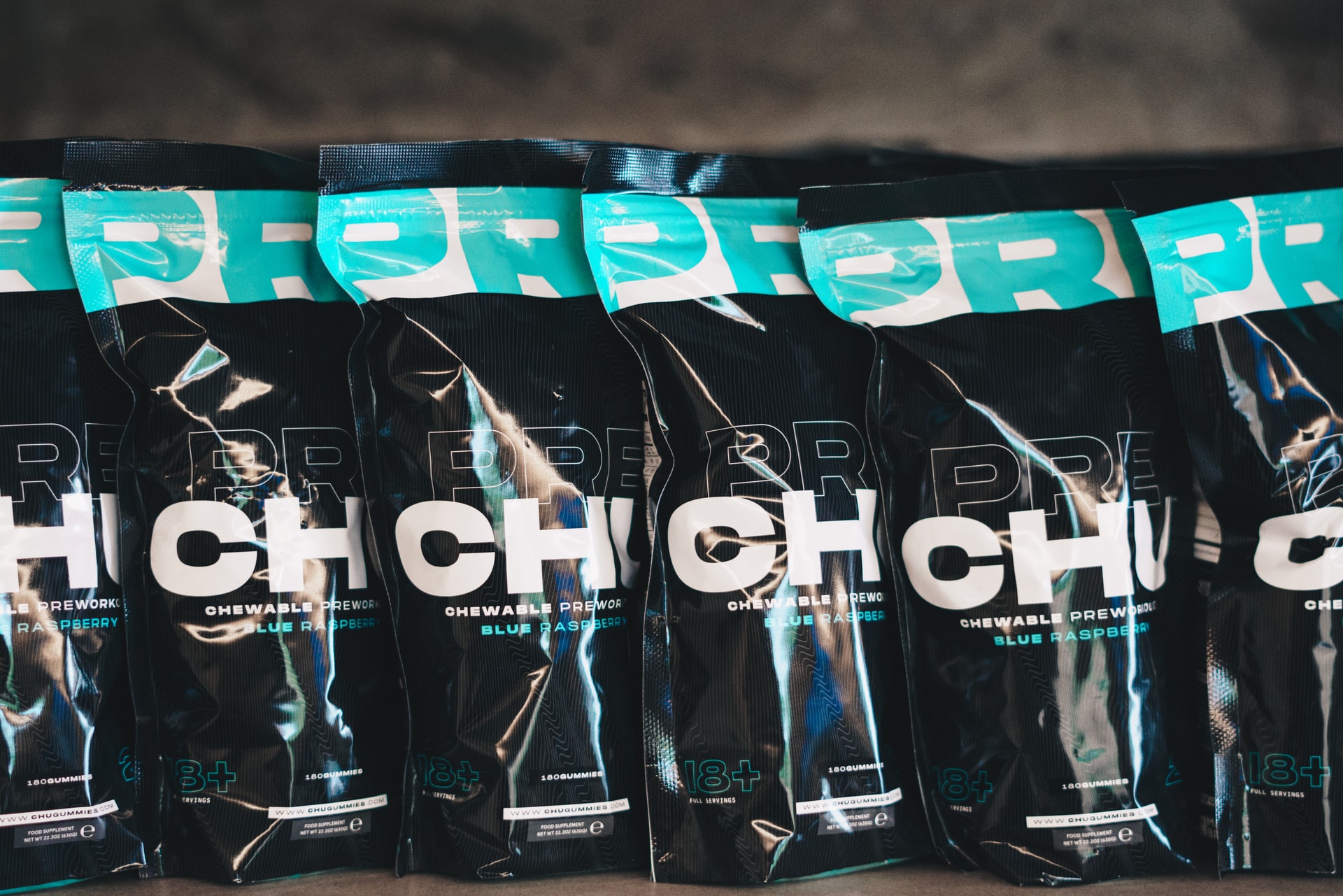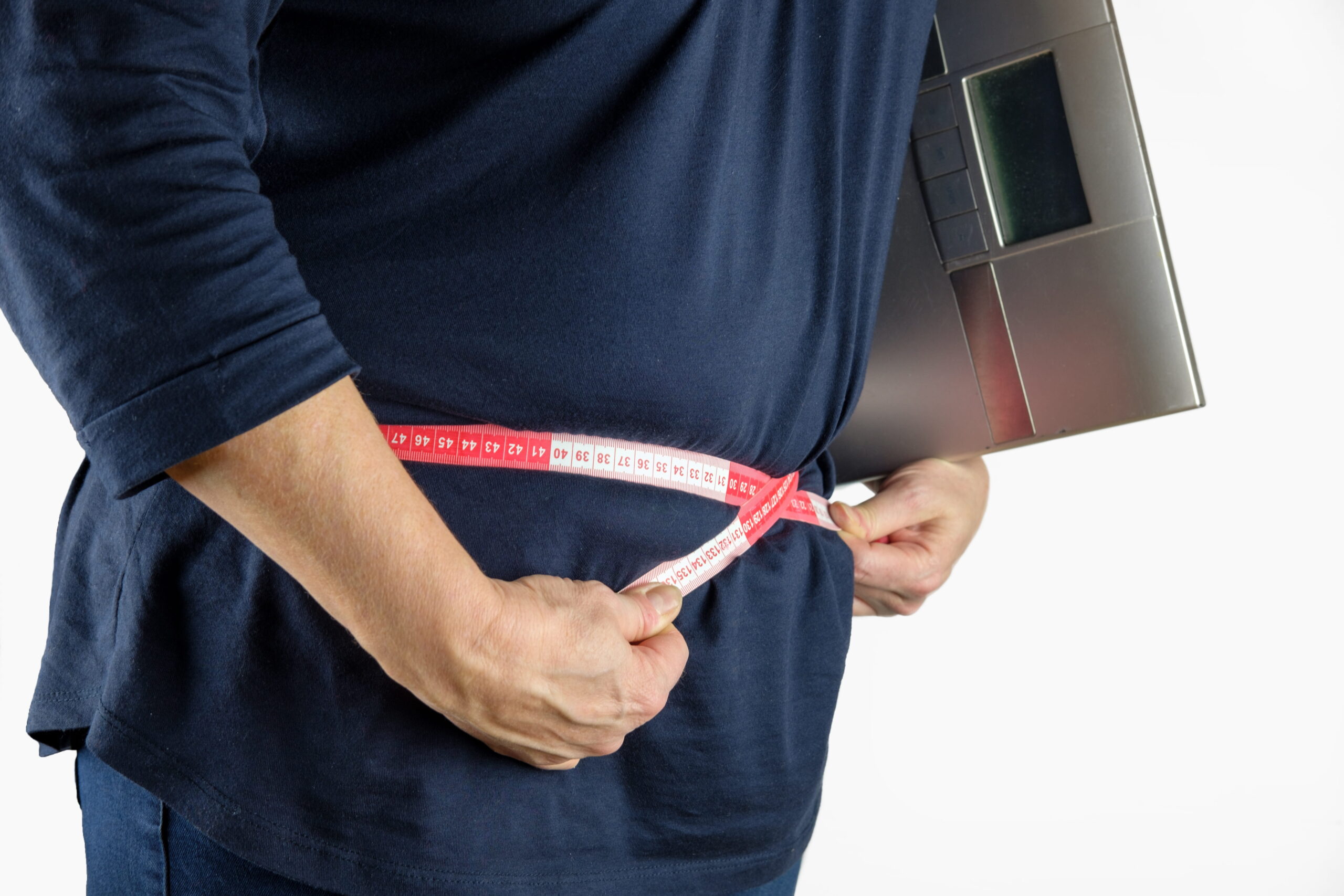Bananas and protein shakes no longer cutting it for your pre-gym snack? These days, more gym goers are turning to pre-workout supplements, known as “pre-workout” for short. Pre-workout is a caffeinated supplement full of performance-enhancing ingredients, like creatine, nitric oxide precursors and amino acids. They’re typically sold in powdered form and are meant to be diluted in water and consumed right before a workout. Ultimately, pre-workout is designed to help improve athletic performance and provide you with increased energy levels, endurance and focus throughout the course of your workout.
You may have seen videos of gym rats taking a “dry scoop” before diving headfirst into their workout, or fitness influencers promoting their favorite pre-workout brands and flavors. Pre-workout is becoming increasingly popular and many people swear by it, however, research on their effectiveness is very limited, so before deciding to implement them into your routine, it’s important to weigh the pros and cons of pre-workout.

Let’s start with the pros: pre-workout is loaded with caffeine, so it will definitely give you a boost of energy when you’re dragging and feeling unmotivated. The nitric oxide precursors, like L-arginine and L-citrulline, may also boost oxygen and nutrient supplements to your muscles, improving performance. And finally, the creatine (popular with weightlifters) in pre-workouts can play a role in muscle strength.
So while some will credit pre-workouts with taking their exercise regimen to a new level and defend it to their graves, it’s also been the centerpiece of many recent debates in the health and fitness industry, which brings us to the cons.

Many pre-workouts contain artificial sweeteners, dyes and emulsifiers — which can all have some pretty nasty side effects. For example, emulsifiers have been linked to the various digestive issues — like diarrhea, nausea, and abdominal pain — that can arise from regularly taking pre-workout. They also contain three to four times the amount of caffeine in a cup of coffee, resulting in a “tingly” feeling throughout the body — not to mention impaired sleep and increased blood pressure which can put excess strain on the heart. In this Men’s Health article, nutritionist Ayat Sleymann notes, , “A sudden dose of excessive caffeine can trigger fast and irregular heartbeats, which could lead to sudden cardiac arrest and even death.”
As with most supplements, utilizing pre-workout can be beneficial when taken in a safe, moderate way. Since supplements are not closely regulated and labels are often confusing or inaccurate, it’s important to buy from reputable brands that have been tested by a third party. Still, research is scarce and the downsides may not be worth the risk … so sticking to those bananas may not be a bad idea after all!
Note: Individuals with heart conditions or high blood pressure should consult their physician before taking pre-workout, and likewise, people who are on other medications or taking other supplements should talk to their doctor before adding pre-workout to their regimen.
Photo Credit: Twitter, Google Creative Common Licenses, Pexels









